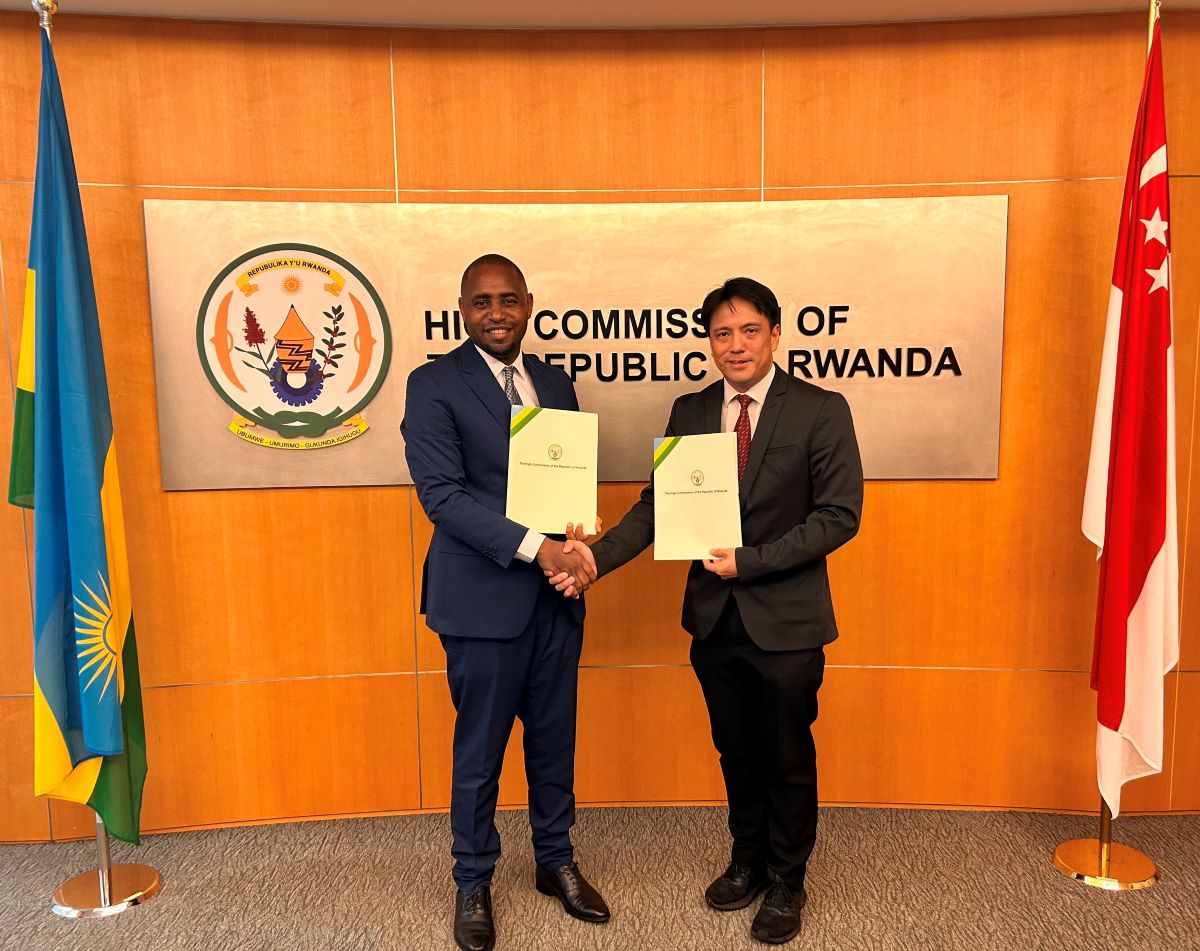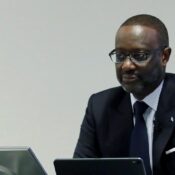
GenZero of Singapore will collaborate with Rwanda on carbon offset initiatives
GenZero, Singapore’s state-backed investment firm focused on low carbon initiatives, announced on Thursday its collaboration with Rwanda to develop projects aimed at generating carbon credits for emissions offsetting.
Countries like Australia and Britain have dismissed the need of offsets, which have faced significant criticism, to achieve their net zero objectives; nevertheless, Singapore is dependent on them due to its limited space for large-scale renewable initiatives.
The agreement, executed by GenZero, the Rwanda Green Fund, and the carbon certification organization Gold Standard, which commits to maintaining project integrity, is governed by Article 6 of the Paris Agreement on climate change.
The section delineates methods for governments to achieve climate objectives by investing in low-carbon initiatives in other countries, either via bilateral agreements or an impending U.N. trading framework.
Frederick Teo, chief executive of GenZero, a division of the state investment fund Temasek, stated, “We will evaluate prospective projects with the Rwandan Green Fund and the Rwanda Environment Management Authority in the forthcoming months to ascertain their eligibility and appropriateness for inclusion in the collaboration.”
“Projects may encompass nature-based solutions like ecological restoration or technology-based solutions such as enhanced waste management.”
Despite the current negotiations regarding Article 6, Singapore has entered into memoranda of understanding with Laos and the Philippines, in addition to legally binding “implementation agreements” with Ghana and Papua New Guinea.
Ravi Menon, Singapore’s Ambassador for Climate Action, announced at a conference last week that negotiations have been finalized on agreements with Bhutan, Paraguay, and Vietnam.
Companies in Singapore may mitigate up to 5% of their taxable carbon emissions by acquiring credits via Article 6 agreements.
Article 6 will be prioritized at the COP29 climate discussions in Azerbaijan this November, following the collapse of negotiations on a final text in Dubai last year.
Negotiations have faltered about the operational framework of a U.N.-administered carbon market, with concerns that bilateral agreements may infringe upon country sovereignty.
All Categories
Recent Posts
Tags
+13162306000
zoneyetu@yahoo.com



